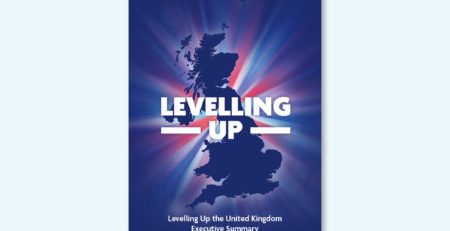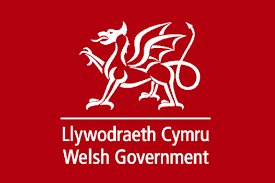Unanswered questions remain on digital scope of Draft Consumer Rights Bill
The Draft Consumer Rights Bill has now been published, following its announcement in the 2013 Queen’s Speech last month. This will be of particular interest to the broadband community in light of its aim to update consumer protection to keep up with technological developments, particularly in regard to digital purchases.
The Bill has been touted by BIS minister Jo Swinson as “enhancing consumer rights and making them easier to understand, which will boost the economy by £4 billion over the next decade???, and will now cover the repair or replacement of faulty digital content such as film and music downloads, online games and e-books.
The Draft Bill defines this as:
“A contract under which a trader provides or agrees to provide digital content to a consumer, if the digital content is provided or to be provided (a) for a price paid by the consumer, or (b) free with goods or services or other digital content for which the consumer pays a price.???
The latter is seemingly targeted at the huge ‘freemium’ market of digital content. Whilst this is most well known in smart phone apps and games, its principles could impact right across all digital products and services. The Draft Bill outlines a number of statutory rights that would exist under a revised digital content contract, including for it to be of satisfactory quality, to be fit for a particular purpose, to be as described and for the manufacturer or trader to have the rights to modify that digital content.
A small number of provisions from the European Consumer Rights directive are also included in the bill, including the requirement for the digital trader to give “main characteristics of the goods, services and digital content) before the consumer is bound by the contract???. There is little mention, however, of the need for clear technical requirements on the part of the consumer to be able to ‘activate’ that good or service, when there are multiple technological inputs – including potentially a minimal broadband connection type – to be able to make use that good or product after purchase.
As BSG CEO Pamela Learmonth pointed out last month, “There will be some thorny issues to think through in terms of who own the consumer relationship in light of any complaints when products involve software, hardware and a broadband connection of some sort.??? If I buy a streaming service played through a gaming console onto a connected television – who do I complain to if this product fails to work? And if none of my suppliers will take responsibility, to whom do I as the consumer complain? As such, enforcement in an increasingly converged world means that Consumer Rights will need to be an enabler to both industry and consumers in helping navigate this new terrain.
You can read other coverage and views on the draft Bill from our partners the CBI, and also in Wired. The opportunity to feedback comments to the leading Department of Business, Innovation and Skills is via a pro forma comment form available here.




